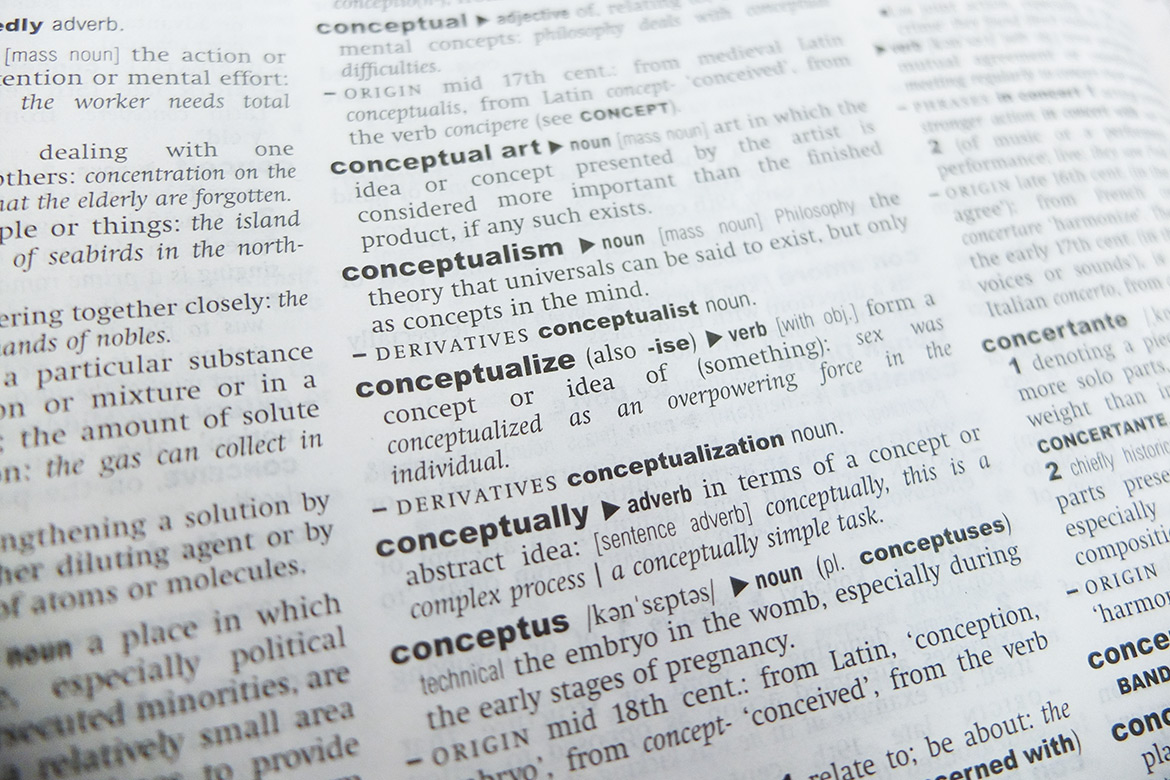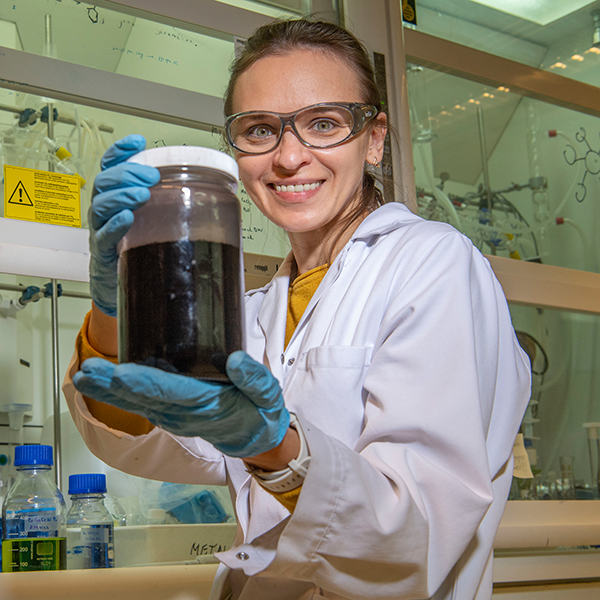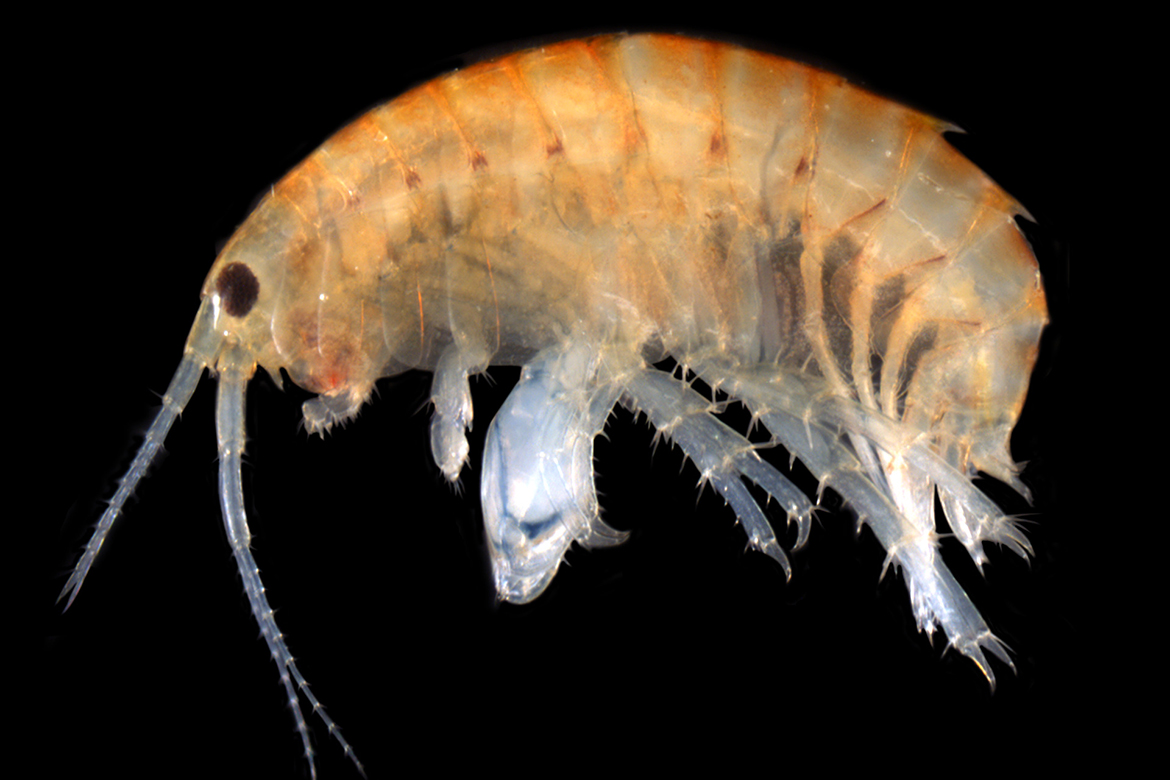CONCEPTS
Toxic

Photo: Florian Fisch
The Greeks had a word for an arrowhead dipped in poison: ‘toxikon’. The English word derived from it, ‘toxic’, meaning ‘poisonous’, entered the field of medicine in around 1700, with ‘toxicology’, the study of poisons and their effects on an organism, emerging in about 1800. From the 20th century onwards, the adjective ‘toxic’ also assumed a metaphorical meaning and has since found a firm place in our modern vocabulary.
Toxic masculinity, toxic femininity, toxic relationships, a toxic workplace – all manner of interpersonal dynamics are now liable to be tainted. A fear of such supposedly harmful forces has spread to such an extent that one might almost call it ‘toxic’ too. So it’s hardly surprising that psychologists have begun warning us that calling something ‘toxic’ is just another way of labelling someone as an enemy. The term itself has become a poisoned arrow, as it were. Perhaps it’s time to put it back in its quiver.




